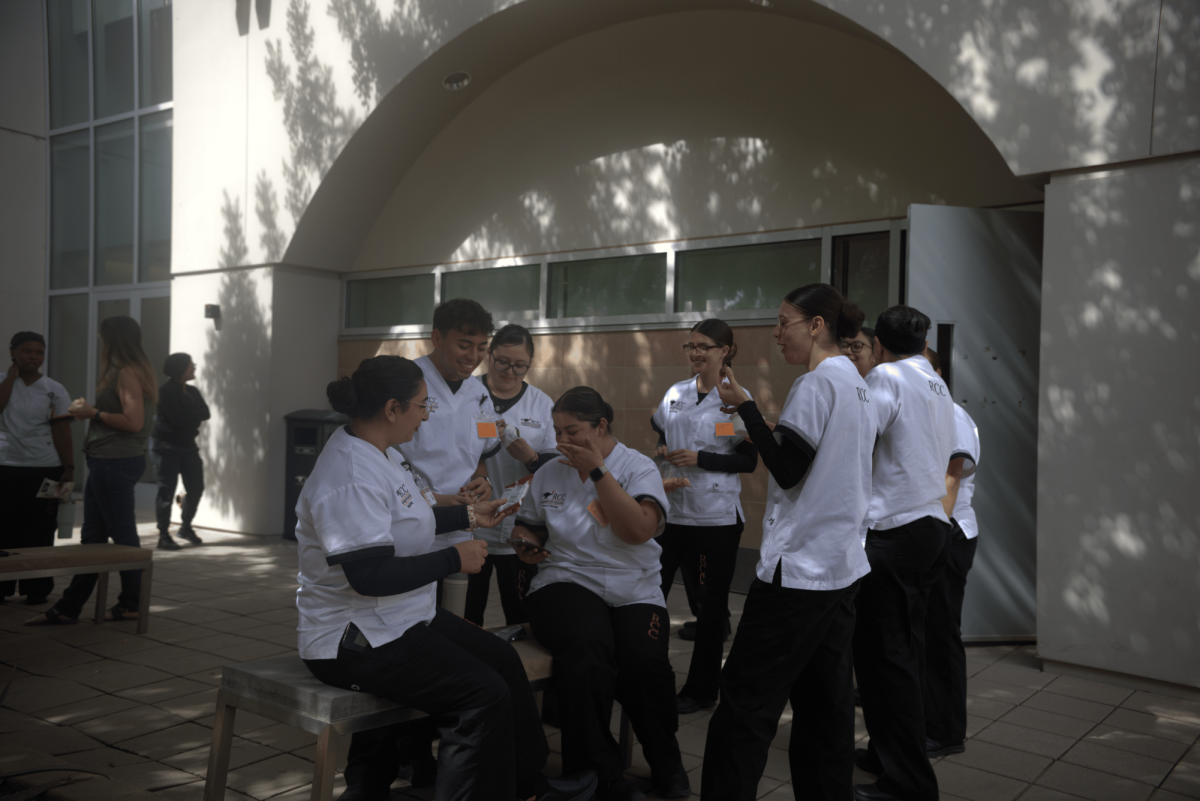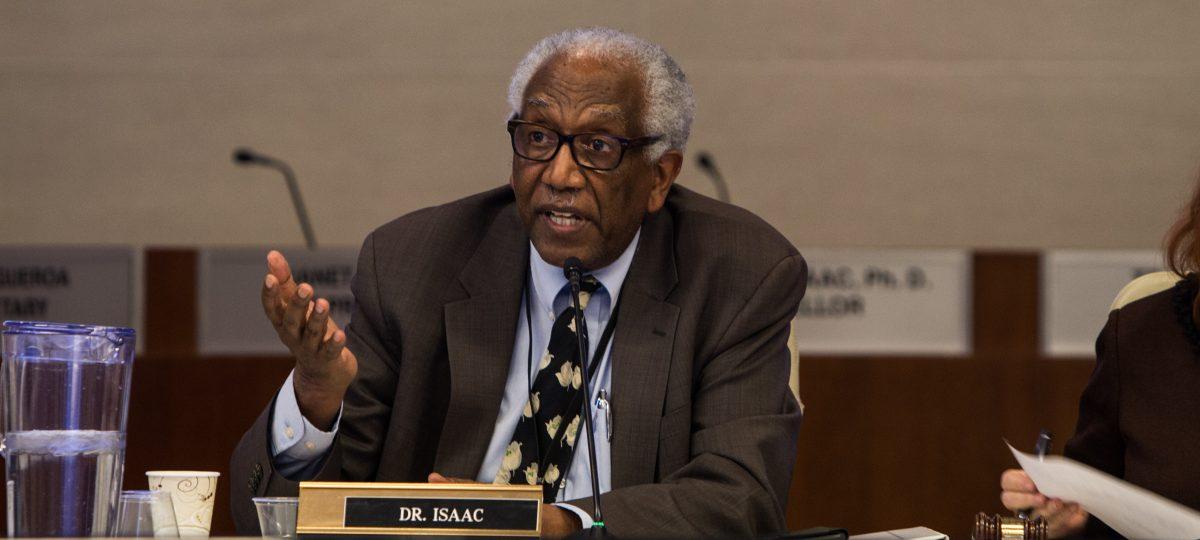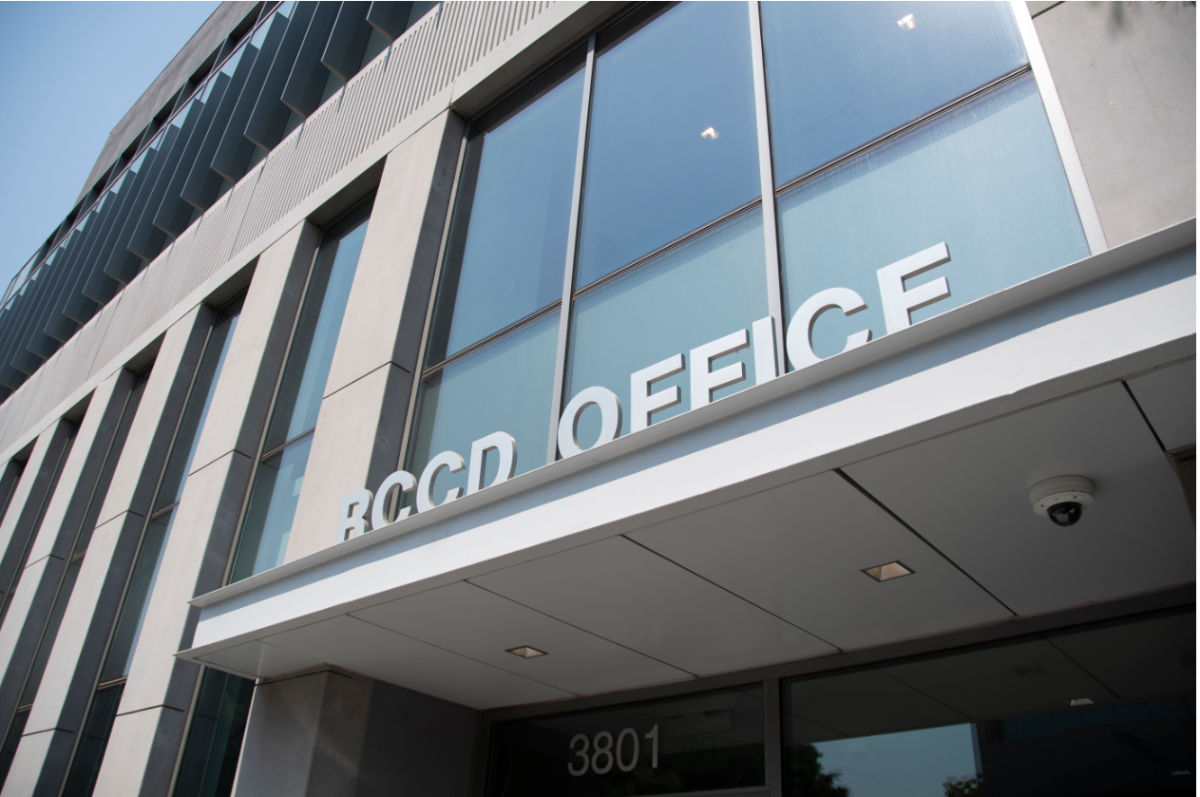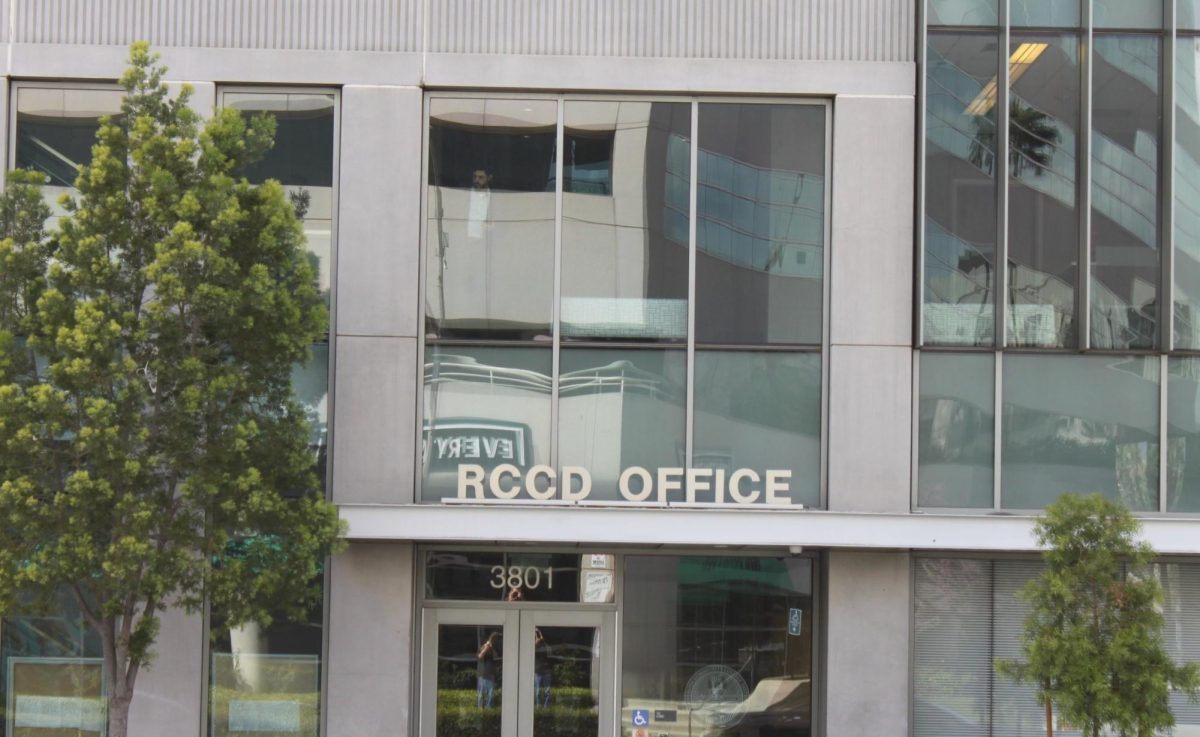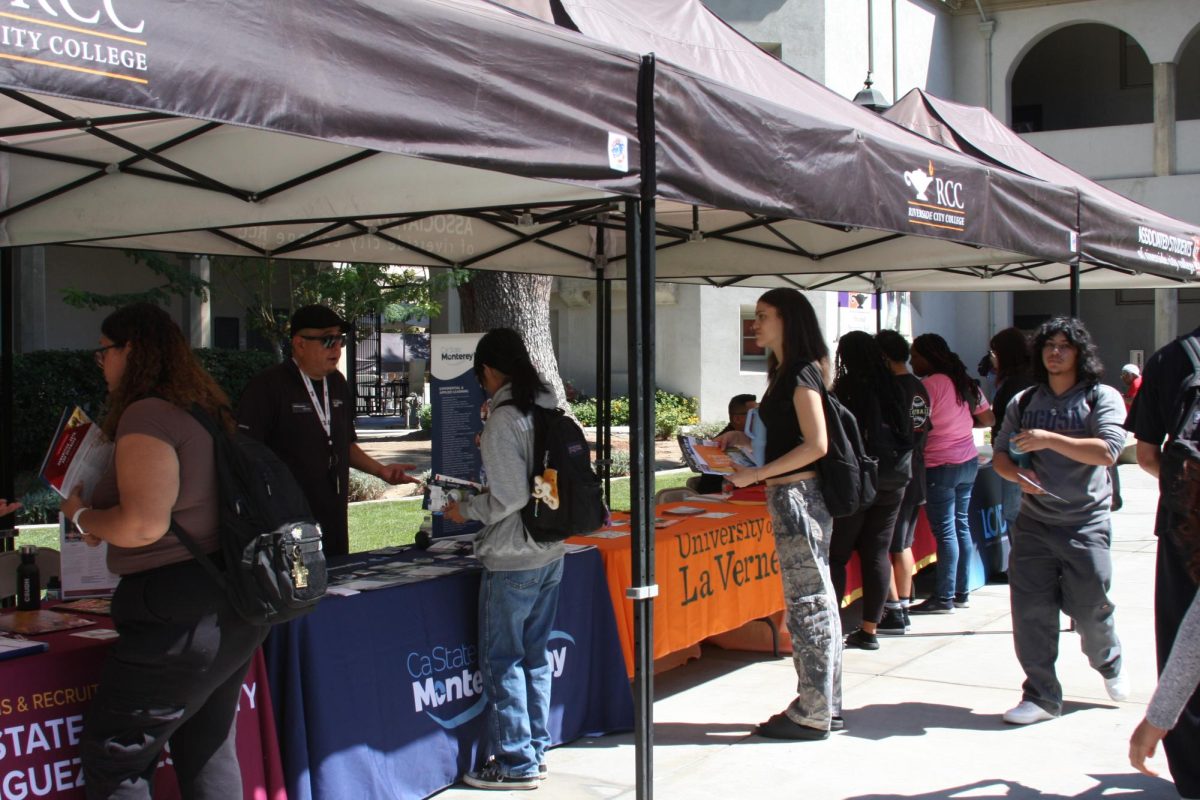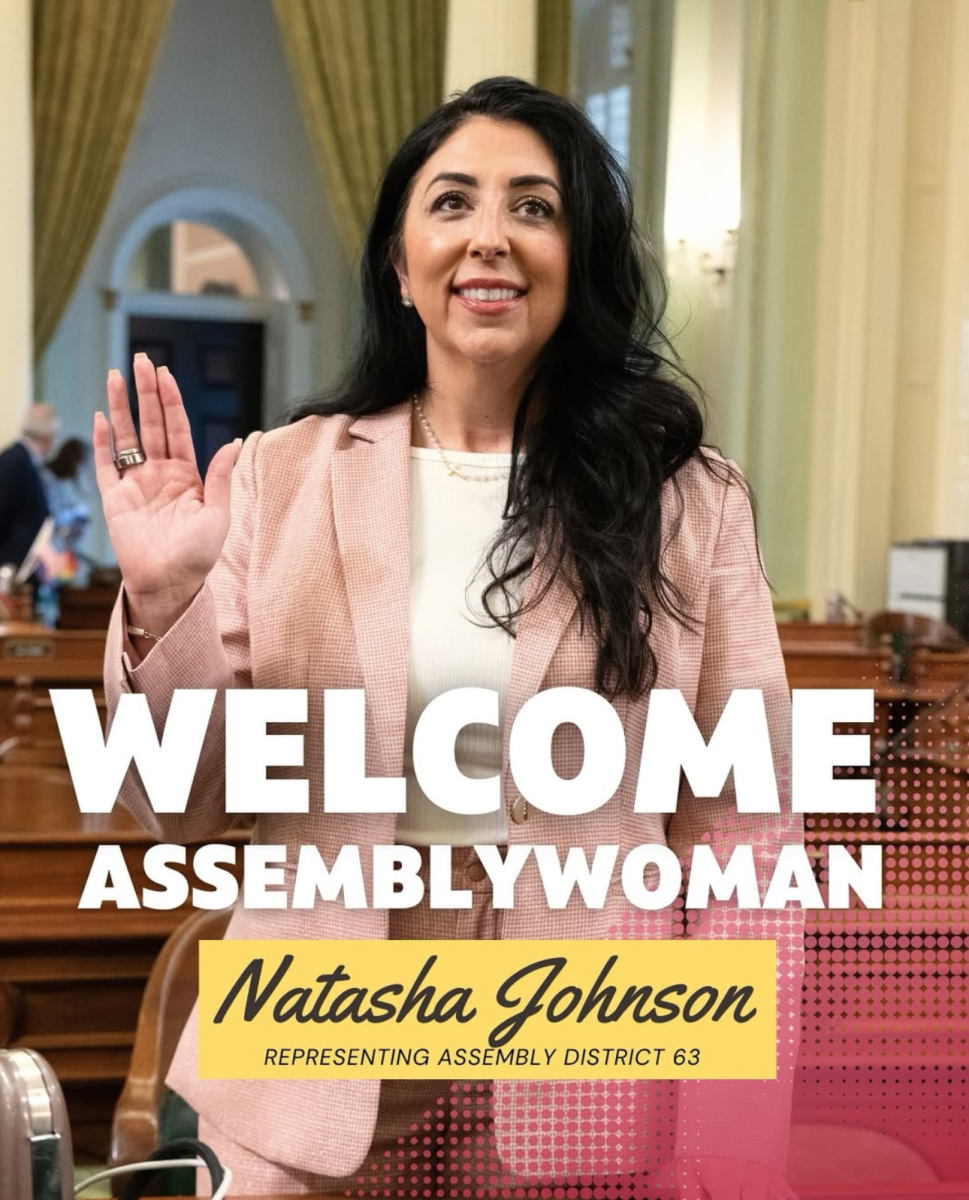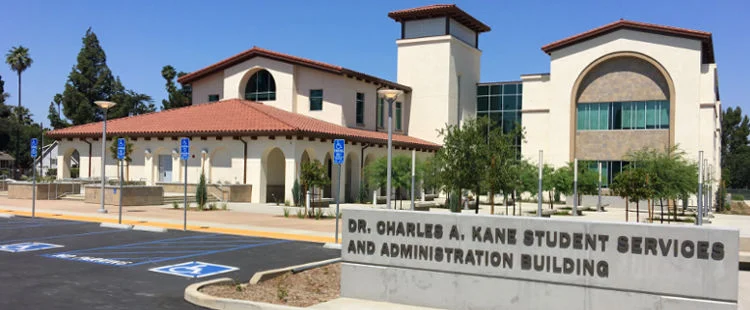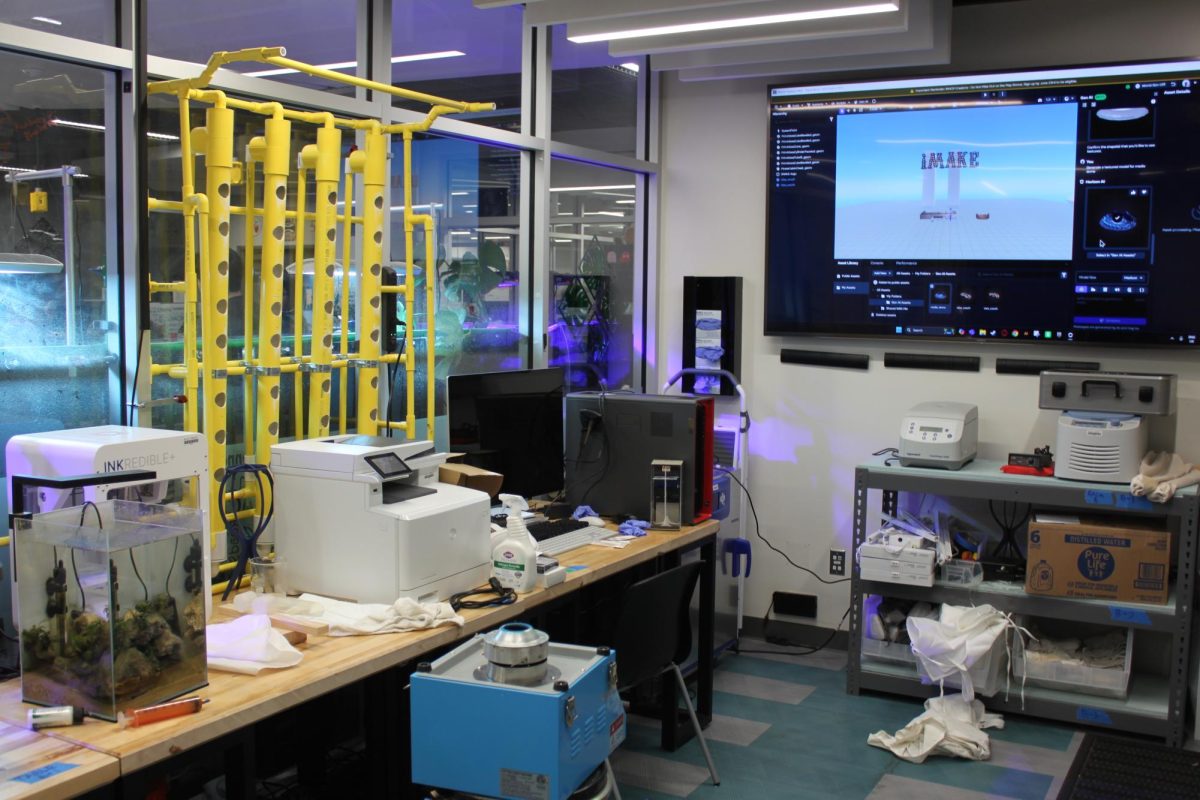A district meeting on our own campus began the first round of challenges from Riverside Community College District staff regarding the importance of full-time hires. The intention is clear: more full-time staff means more support and success for RCCD students.
Without any public comments, the meeting moved on to a public hearing. Katherine Stevenson, the chair of the Equitable and Inclusive Teaching and Learning Committee, was the first person to highlight the drought of staff available to the district.
With more staff available, RCCD can provide the right training to part-time staff, have access to mentoring for students, and have weekly and daily office hours, Stevenson expressed.
She was followed by several chairmen of existing programs who spoke of the benefits of full-time staff. Kalisha Gomez, Riverside City College student parent club president, shared similar concerns regarding the importance of more faculty on campus. Specifically, a designated position to assist in the advocacy of student parents.
“If you have ever been a parent and a student, then you understand the struggle and those who do not know the struggle, it is a struggle,” said Gomez. She pleads with the board to increase the support for student parents.
She insisted that the student parent club needs to be a faculty-run program, with the existence of a financial adviser to assist the members in putting their funds to use, like day and night care. That way, parents can attend the workshops and classes that they cannot currently attend because they need to be at home.
Pursuing an associates degree at RCC is one thing for parents. The difficulties of transfer applications to continue their education is just another struggle. RCCD Chancellor Wolde-Ab Isaac spoke about their plans to tackle this issue.
The RCC chancellors’ cabinet members and senior members of academic affairs services will meet with Cal State University’s San Bernardino’s concerning members to find ways to remove barriers in the transfer process and explore areas of collaboration.
The transfer rates to California Universities and California State Universities are remarkably low. With 60% of Cal State students being community college transfers, it is important for the board to come up with a solution.
Until then, the drop in transfers continues to affect California degrees that are required in our economy. A possible solution to this problem was shared by the Community Action Leadership Academy.
Parissa Clark, CALA Faculty Coordinator presented how her program has given students the opportunity to engage with their communities while being paid for their service. This has led to multiple CALA members furthering their education to pursue a career in a field where they volunteered.
The group expresses they need more funding so that their grant-based program can continue after its final year of state issued funding.
The board was unanimous in their appreciation and determination to keep this engaging program open and available to all RCCD students.
The board also heard a report on the studying aboard programs and how the class of 2025 largely benefited.
“100% of students met the learning objectives of this course.” said Adam Martin, an instructor who taught for the studying abroad program.
The meeting finished with an update from the resources committee regarding emergency preparedness and safety. “The district is launching a ‘Call 911 for Emergency’ community campaign to improve emergency response procedures,” said Beiwei Tu, director of risk management.


